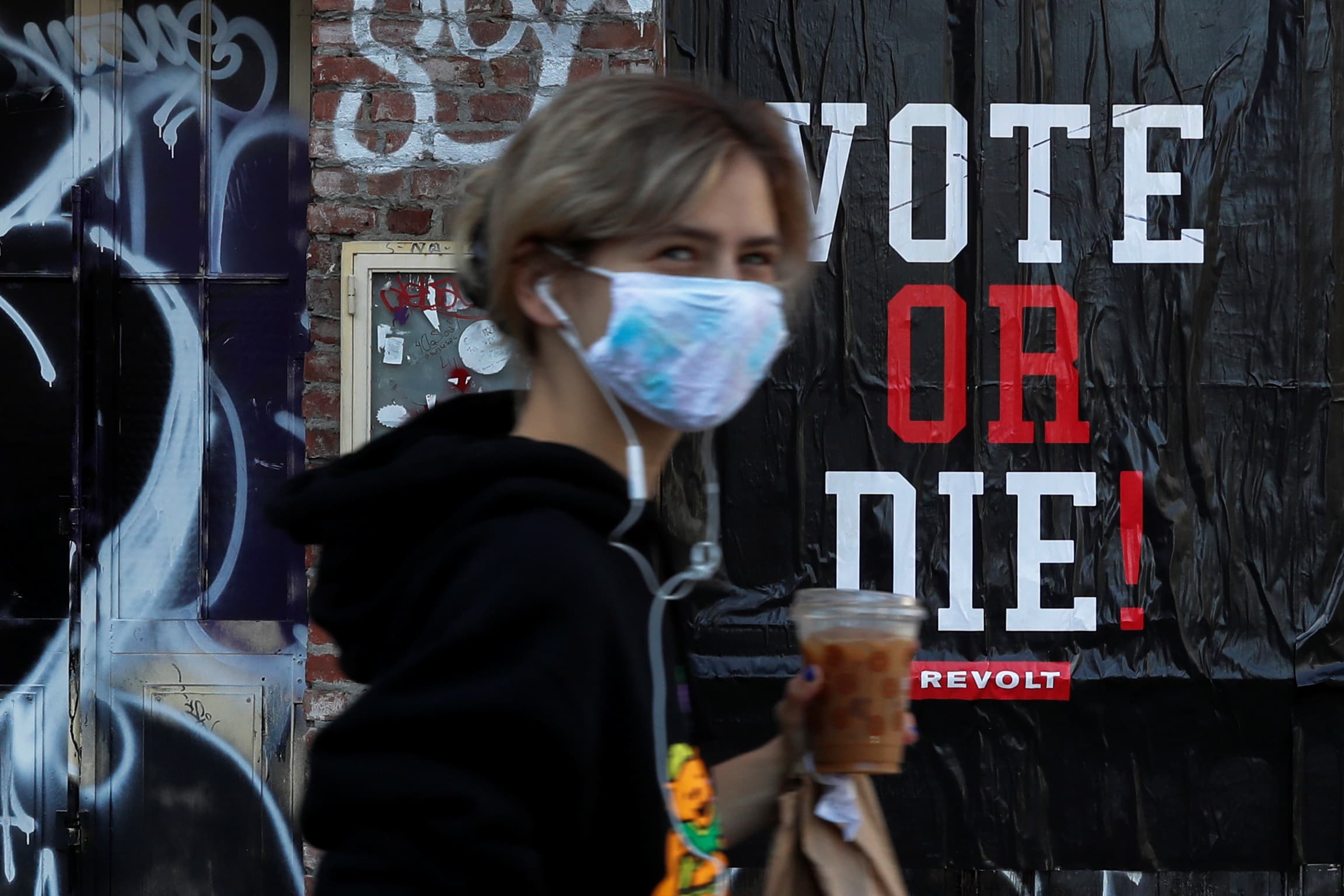
As the presidential election quickly approaches, the health of the United States and its rural communities is on the ballot, and the stakes have never been higher. Health care costs are already a heavy burden on personal finances, and high rates of unemployment have made health coverage and payments even more challenging for working-class Americans.
President Barack Obama and congressional Democrats did the right thing by passing the Affordable Care Act in 2010. Its many benefits have become even more obvious during the Covid-19 pandemic. However, President Trump and Senate Majority Leader Mitch McConnell have spent years trying and failing to dismantle the ACA, which would inflate costs and destroy coverage for people with pre-existing conditions.
More from Invest in You:
Covid-19 stress is driving the most vulnerable Americans to the brink
Suze Orman: An emergency fund is the key to your personal investment portfolio
Lost your job and health insurance? Here is what you need to know
In a time when unemployment has risen and incomes have fallen, the high cost of health care has been an acute pressure point. Average family premiums have increased 55 percent in the past decade, which outpaces the 26 percent increase in workers’ earnings. Currently, unemployment is around 13.6 million, making it nearly impossible for many middle-class Americans to stomach personal health-care costs, while educating their children and keeping food on the table.
In addition, according to data from the Health Policy Institute, rural Americans bear a higher burden for access to health care, as rural residents pay 29 percent of their health care costs out-of-pocket, significantly more than their city-dwelling counterparts. Rural Americans also have fewer choices of health providers, as fewer than 11 percent of physicians in the U.S. practice in rural areas.
President Trump’s solution has not been to bring down health-care costs — instead, he is pushing the Supreme Court to strike down the ACA in the middle of a global pandemic. If he succeeds, health-care costs will only increase, and patients with pre-existing conditions will no longer be protected. Trump’s plan would increase uncompensated care by $50.2 billion, taking away a necessary source of revenue for hospitals and forcing states to pay more than they already do. Rather than shore up rural health-care facilities, the president’s attack on America’s health-care system would be a death knell for rural hospitals.
The ACA has proven to be essential during the pandemic. Data from the New England Journal of Medicine shows that between 2011 and 2013, before major provisions of the ACA were implemented, job loss was associated with a 4.6 percent average loss in health insurance coverage. However, after the ACA came into effect, job loss no longer correlated with the uninsured rate. When 20 million Americans lost their jobs in April 2020, almost all were still covered under the ACA.
If the ACA is repealed, people living with pre-existing conditions would face the highest financial burden. Currently, 133 million Americans live with protected pre-existing conditions. Without the ACA, they would be disqualified from having health insurance or would have to pay exorbitantly high premiums. For example, people with asthma, a relatively minor chronic condition, would face a markup of about $4,000 for coverage.
California Attorney General Xavier Becerra understands the significance of the ACA, explaining, “the ACA has been life-changing and now through this pandemic, we can all see the value in having greater access to quality health care at affordable prices.”
Trump wants to reduce protections for patients with pre-existing conditions to lower premiums. However, as Becerra recognizes, taking away health care for patients during a pandemic would only worsen our health crisis.
The focus now must be on curtailing the high costs of health care for both urban and rural Americans. The U.S. has the highest per capita health-care spending in the world but lags behind other developed nations in health outcomes and life expectancy. There is no reason for us to be spending more than any other country in the world while seeing our health results decline at the same time. We need to focus our efforts on controlling costs and improving outcomes for patients, so hard-working Americans can invest in their futures and not risk facing a global pandemic without insurance.
Trump’s plan to repeal the ACA, without any alternative, will leave millions of Americans lacking health coverage and facing exorbitantly high out-of-pocket costs. Instead of going backward on health coverage, we need to expand the ACA to alleviate the individual health care burden.
Heidi Heitkamp served as the first female senator elected from North Dakota from 2013-2019 and is co-founder of the One Country Project.
TUNE IN: Watch Heidi Heitkamp discuss her op-ed today on Squawk Box.
SIGN UP: Money 101 is an 8-week learning course to financial freedom, delivered weekly to your inbox.
Disclosure: NBCUniversal and Comcast Ventures are investors in Acorns.




